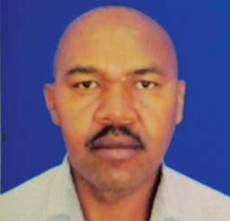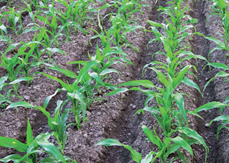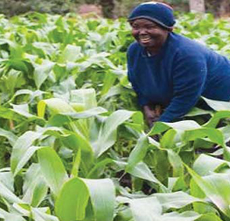Peal Agro Services Enterprises Company Limited: A strong, healthy Seed company
 Peal Agro Services Enterprises Company Limited is a Kenyan Agricultural Company that is involved in various seeds registration, production and marketing.
Peal Agro Services Enterprises Company Limited is a Kenyan Agricultural Company that is involved in various seeds registration, production and marketing.
We are currently dealing with maize, soy beans and vegetable seeds. We are an independent Seeds and Development company and as so we focus on continuity in the long term and healthy growth. Those two factors are essential for enabling us to focus on our greatest strengths: Researching on and developing high-quality seed varieties. Many years of experience and of investments in people, breeding, Research and innovation have laid the basis for a strong, healthy company – Peal Agro.
The brands development
In 2018 through selection of materials from Cimmyt, PEAL AGRO managed to get two hybrid maize variety released (KISHINDO PLH458, SWARA PLH457) in Kenya. These varieties are three way crosses, KISHINDO is a mid-altitude variety with 100 days to maturity and SWARA is a low altitude variety of 90 days maturity time. Through assistance by the Syngenta Foundation East Africa and the Pan African Trials under Soya innovation Labs ( University of Illinois) a feed the future USAID program, Peal Agro entered into a MoU with KALRO to multiply and market two of their newly released soybean seed varieties namely, Gazelle and BP SB 19.

 Currently, several African countries – including Kenya, Ethiopia and Somalia – are dealing with the one of the most devastating outbreaks of desert locusts. This comes after recent fall armyworm invasions which affected more than 44 African countries. Countries also grapple with more localised pest invasions of insects like the South American tomato moth and maize stem borers.
Currently, several African countries – including Kenya, Ethiopia and Somalia – are dealing with the one of the most devastating outbreaks of desert locusts. This comes after recent fall armyworm invasions which affected more than 44 African countries. Countries also grapple with more localised pest invasions of insects like the South American tomato moth and maize stem borers. Pioneering research on our three most important cereal grains — maize, rice, and wheat — has contributed enormously to global food security over the last half century, chiefly by boosting the yields of these crops and by making them more resilient in the face of drought, flood, pests and diseases. But with more than 800 million people still living in chronic hunger and many more suffering from inadequate diets, much remains to be done. The challenges are complicated by climate change, rampant degradation of the ecosystems that sustain food production, rapid population growth and unequal access to resources that are vital for improved livelihoods.
Pioneering research on our three most important cereal grains — maize, rice, and wheat — has contributed enormously to global food security over the last half century, chiefly by boosting the yields of these crops and by making them more resilient in the face of drought, flood, pests and diseases. But with more than 800 million people still living in chronic hunger and many more suffering from inadequate diets, much remains to be done. The challenges are complicated by climate change, rampant degradation of the ecosystems that sustain food production, rapid population growth and unequal access to resources that are vital for improved livelihoods.
 One of icipe’s strengths is constant alertness to the changing developmental needs arising from emerging issues in Africa. Currently, the Centre recognises the urgent need to create productive employment for young people.
One of icipe’s strengths is constant alertness to the changing developmental needs arising from emerging issues in Africa. Currently, the Centre recognises the urgent need to create productive employment for young people.
 Fertilizers can be broadly classified by application method and by nutrients found in the fertilizer. The classification can vary based on:
Fertilizers can be broadly classified by application method and by nutrients found in the fertilizer. The classification can vary based on: